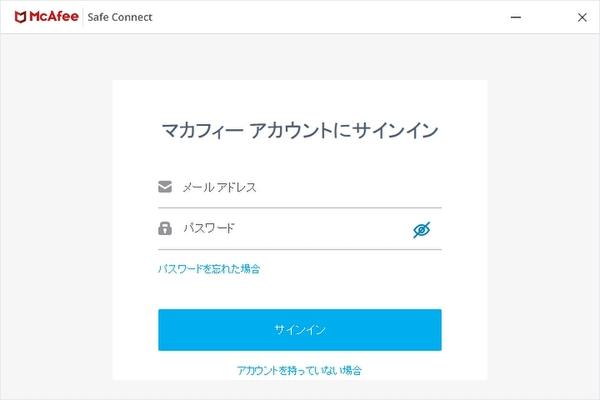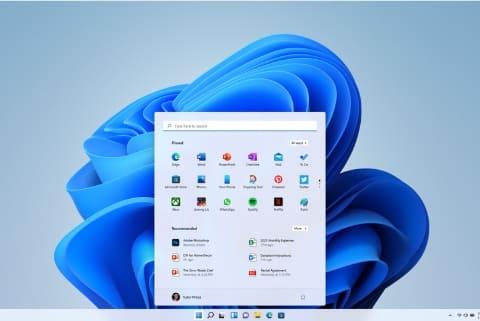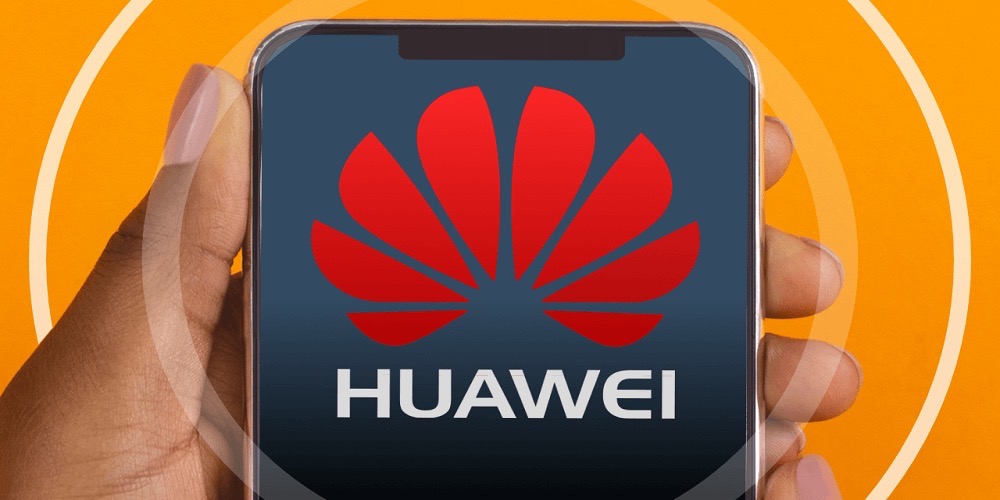Is it NG to use the hero's name in...
15
05
Is it NG to use the hero's name in the McAfee password?
Blossomstar-background vector created by jp.freepik.com
Neither the name of the hero nor the name of "identity" is preferable
Passwords are important in living at home. Whether it's work or hobbies, the use of cloud services and online shopping should be increasing. Then, every time you create an account, you will need to set a password.
When setting a password, make it difficult to guess. This is basic. Things that can be easily guessed, such as the date of birth, or things that are too short are not good. In addition, easy things such as "123456" and "password" are also considered unfavorable.
So what about your favorite character? Again, setting the name of a famous hero can be a dangerous act.
The Mozilla Corporation blog, which develops the web browser "Mozilla Firefox" and others, warns about "superhero passwords may be your kryptonite wherever you go online".
According to this blog, when the password leaked in 2021 was extracted by "hero's name" on the personal information leakage check site, "Superman" was the most common with 368,397 cases. This is followed by "Batman" (226,327), "Spider-Man" (160,30), "Wolverine" (53,745), and "Ironman" (44,175).
What is interesting is that many people set "the name of the person who is the true character of the hero". For example, Wolverine's real name "James Howlett" and his common name "Logan" when he lost his memory were 30,479, Superman's Earth name "Clark Kent" was 4,919, and Batman's real name. The number of "Bruce Wayne" is 2267.
It is not recommended to use your name or date of birth as a password because it is "easy to guess". Therefore, the name of a popular character may be an NG password that is relatively easy to guess.
I also want to take into account the case where the password is leaked
If the password is leaked from one service, if the same one is reused in other services, there is a possibility that they will be illegally accessed all at once. If a different password is set for each service, the possibility of misuse is reduced even if the password is guessed or information is leaked illegally.
However, some people do not change their passwords even if they are suspected of being leaked. I don't think I'm okay ... I want to avoid reusing it and try to set a complicated password.
You can also use password management software that automatically generates complex passwords. If the software can share data via the cloud, passwords can be synchronized and used from both a PC and a smartphone. I want people who think that password management is troublesome to use it.
In addition, "two-step verification" (login verification), which requires authentication using not only a password but also a phone number (SMS) when logging in, is also effective as security, so I would like to set it.
On the other hand, what should you do if you encounter an incident where your password is leaked?
Of course, changing the password is mandatory. Make the new password complex and unrelated to the old password. If you have security questions related to your email account, I'd like to change them as well.
Be sure to change your password for accounts of other services that use the same password, and don't forget to scan your computer for malware and viruses.

Nowadays, it is often "online". It is necessary to be conscious of protecting personal information such as passwords. Here are five tips for protecting your online privacy on the McAfee Blog. (Sekyu Lab)
* The following is reprinted from the McAfee Blog.
5 Tips for Protecting Your Online Privacy: McAfee Blog
What do you do first when you open your laptop or mobile device? Visit your favorite social media to check out the latest news or order this week's grocery delivery. Regardless of your daily online habits, you can safely use online with just a little care. Hackers are good at using malware and cookies to infiltrate users while browsing, steal login information, and know personal preferences. According to a Canadian Internet usage survey conducted by StatsCan, 6 out of 10 Internet users have experienced cybersecurity incidents. In the digital society, various problems arise. By taking the necessary steps against the vulnerability, you can dramatically improve your online protection.
table of contents
Three online threats to watch out for 1. Adware 2. Malvertising 3. Autofill feature 5 tips to improve your online habits 1. Clear browser cookies 2. Use a trusted password manager 3. Browser privacy Change settings 4. Use ad blockers 5. Use reliable security solutions Get the latest information for safe browsing
Three online threats to watch out for
Cybercriminals are unnoticed by the daily habits of online users. Here are three techniques that cybercriminals often use to steal information about Internet users.
1. Adware
Adware and software that benefits from displaying ads generate ads on the device's user interface. Adware is the primary means used by developers to generate revenue. Benefit from third parties by targeting unsuspecting online users and displaying personalized ads. This third party usually pays for content, such as viewing, clicking, or installing an application.
Adware is not necessarily malicious, but it is dangerous if it is downloaded without the consent of the user or if it is downloaded maliciously. In this case, adware may remain undetected on the user's device for extended periods of time, known as PUA (potentially unwanted application), an application that can have unwanted effects. The Cybersecure Policy Exchange reports that unintentionally installed or downloaded computer viruses and malware are one of the top five cybercrimes experienced by Canadians. PUA often causes problems such as crashes and poor performance.
Users unknowingly add adware to their devices by downloading free programs with ads or by accessing insecure sites that do not use HTTPS (Hypertext Transfer Protocol Secure) to encrypt online communications. I'm downloading.
2. Malvertising
Hackers use a technique called ad injection to inject malicious code into their ads to make a profit. This technique is called malvertising. When users click on ads that are seemingly legitimate and appropriate, but are actually dangerous, they can be exposed to a variety of online threats. Clicking on such ads can infect you with malware such as viruses and spyware. For example, hackers can use browser vulnerabilities to download malware, steal device system information, and hijack operations. Hackers can also use malvertising to scam as technical support or steal cookie data to sell information to third-party ad networks.
3. Auto input function
The browser's autofill feature is one of the vulnerabilities that many people don't recognize. You'll want to use your browser's autofill feature to quickly type long strings, but it may not be safe. Cybercriminals obtain credentials by having users enter their login information in a fake input field that is not visually recognizable to the user on a web page. If you accept the autofill option, you will also enter your username and password in the fake input field.
5 Tips to Improve Your Online Habits
When using the Internet, why not review your habits and actively work on digital protection. Here are 5 tips you can do right now for safe browsing.
1. Clear browser cookies
The data stored in cookies contains a variety of information, from login information to credit card numbers. Cybercriminals who attempt to misuse this information can hijack a browser session to impersonate a legitimate user and steal cookies over a network or server. It is important to clear cookies on a regular basis to prevent your information from being misused. You can clear the data related to your browser session, including cookies, from your browser history.
2. Use a trusted password manager
Clearing your browser's cookie data also deletes your stored login information, but a password manager makes it easy to access your regular online account. Many browsers have a built-in password generator and password manager, but it's a good idea to manage your login names and passwords with a reliable password manager. Browser password managers are not as secure as password managers because anyone who accesses the device can also access online information. For example, a password manager like True Key provides a more secure solution because you have to log in with a different master password. Password managers are also compatible with a variety of browsers and can generate stronger passwords than browsers.
3. Change your browser privacy settings
In addition to clearing the cookie data, you need to change your browser settings to ensure the privacy of your online session. You can enable the "Do Not Track" feature of your browser to prevent tracking by third parties such as advertisers and websites. In addition, you can make changes such as blocking pop-up ads and controlling access to cameras and location information in your browser settings.
4. Use of ad blockers
By using an ad blocker, you can limit unnecessary ads and ads that contain malicious intent, and enable safer browsing. It also removes unwanted ads to optimize page load speed and display the page in an easy-to-read layout. In addition, it prevents websites from tracking information that can be sold by third parties.
5. Leverage reliable security solutions
Deploying security solutions like McAfee Total Protection enables secure internet browsing with a holistic approach to threat detection, protection, and remediation. With password manager, antivirus software and firewall protection, users can effectively avoid online threats when browsing the Internet.
For safe browsing
Protect your security so that you can get a lot of information from your activities on the Internet. Hackers cheat by drawing a target person from various information obtained from malvertising and invisible input fields. Cyber criminals are always looking for vulnerabilities. Immediately reviewing your online behavior and habits is an important step towards smart browsing.
Get the latest information
Gathering information from daily news is important. You can also get the latest information on digital security, McAfee products, and the latest consumer and mobile security threats on Twitter at @McAfee_Home (US) or @McAfee_JP_Sec (Japan). ) Please follow.
* The content of this page has been partially added to the content of the following McAfee Blog updated on May 12, 2021 (US time). Original: 5 Ways to Protect Your Online Privacy Author: Jean Treadwell
* This article is an article that edits and introduces popular entries from the past McAfee Blog for posting on the ASCII and McAfee collaboration site "Sekyu Lab".








